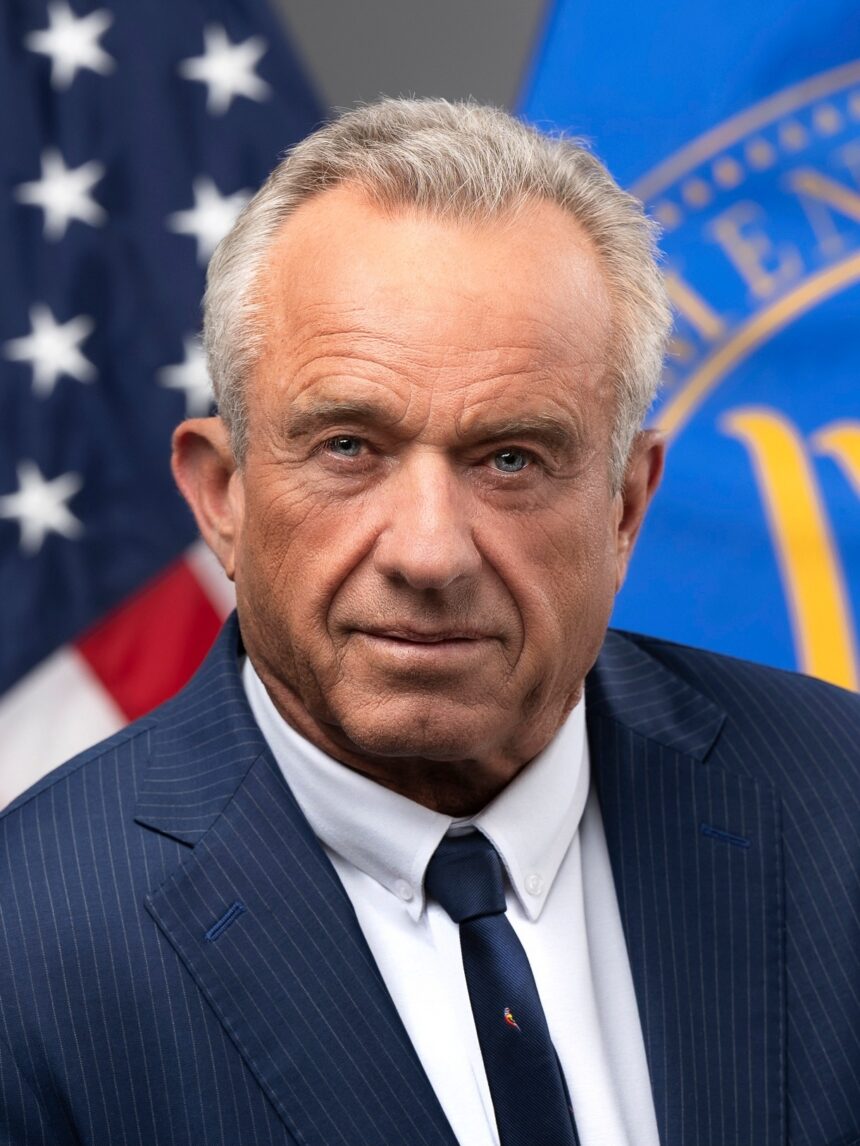US Health Secretary Robert F. Kennedy Jr., known for his skepticism towards vaccines, has dismissed all 17 members of a committee responsible for providing official government guidance on immunizations.
In an editorial published in the Wall Street Journal, Kennedy stated that the Advisory Committee on Immunization Practices (ACIP) has been undermined by conflicts of interest, which he believes erode public trust in vaccines.
Kennedy expressed his intention to “ensure that the American public receives the safest vaccines available.”
His long-standing doubts regarding the safety and effectiveness of various vaccines have drawn criticism from doctors and health professionals, although during his Senate confirmation hearing, he assured that he would “not take them away.” On Monday, he announced the “retirement” of all ACIP panel members. Notably, eight of the 17 members were appointed in January 2025, during the final days of President Biden’s administration.
The majority of the committee members are practicing physicians and experts affiliated with prominent university medical centers.
Once the US Food and Drug Administration (FDA) approves vaccines based on a risk-benefit analysis, ACIP recommends which populations should receive the vaccines and the timing of those vaccinations, which also influences insurance coverage for the shots.
Kennedy pointed out that had he not removed the committee members, President Trump would not have been able to appoint a majority to the panel until 2028.
Kennedy remarked, “The committee has been riddled with ongoing conflicts of interest and has become merely a rubber stamp for any vaccine.” He accused health authorities and pharmaceutical companies of creating a “crisis of public trust,” which some attribute to “misinformation or antiscience sentiments.”
In his editorial, Kennedy referenced instances from the 1990s and 2000s, asserting that conflicts of interest continue to exist.
He noted in the Wall Street Journal, “Most of ACIP’s members have received significant funding from pharmaceutical companies, including those that market vaccines.”
In his editorial, Kennedy stated that the “issue isn’t necessarily that ACIP members are corrupt”.
“The issue lies in their deep involvement in a system of industry-aligned incentives and frameworks that promote a narrow pro-industry orthodoxy,” he asserted.
Dr. Bruce Scott, president of the American Medical Association, which represents American physicians, remarked that mass dismissals “disrupt a transparent process that has saved countless lives.”
“Amid an ongoing measles outbreak and declining routine vaccination rates for children, this action will exacerbate the spread of vaccine-preventable diseases,” Dr. Scott expressed in a statement.
Kennedy’s actions seem to contradict the assurances he provided during his confirmation hearings. Bill Cassidy, a Republican senator from Louisiana and a physician, noted that he received commitments from the health secretary that ACIP would remain “unchanged.”
On Monday, Cassidy posted on X: “Naturally, the concern now is that ACIP will be populated with individuals who possess no knowledge of vaccines other than skepticism.
“I have just spoken with Secretary Kennedy, and I will continue to engage with him to ensure this does not occur.”
Public health experts echo Cassidy’s worries that Kennedy might appoint vaccine skeptics to the board.
Such changes could result in certain vaccines “not being recommended at all,” and other effective vaccines might “no longer be covered by insurance companies,” stated Peter Lurie, a former FDA official.
“As a result, we will witness further declines in vaccination rates, leading to a resurgence of diseases that could have been prevented,” he warned.
Kennedy did not disclose who he would appoint to replace the board members. The health secretary seems to be personally reaching out to individuals and inviting them to join the panel, according to Dr. Offit, who mentioned he has heard from at least two individuals Kennedy contacted.
“His entire concept of radical transparency – this is the antithesis of that,” Dr. Offit remarked. “This is one individual making decisions behind closed doors.”
Acip has a meeting planned for June 25, during which members will vote on recommendations for vaccines against Covid, flu, meningococcal disease, RSV, and other illnesses.






